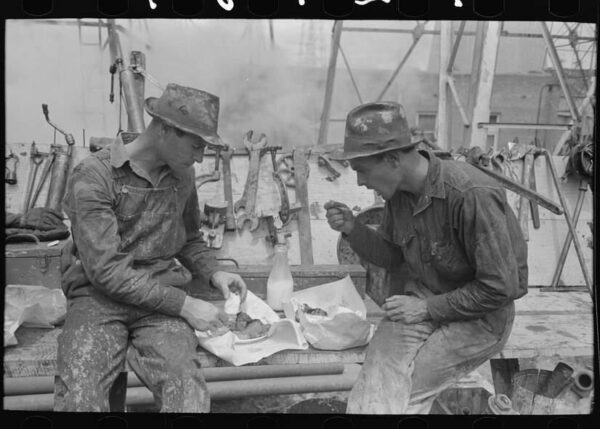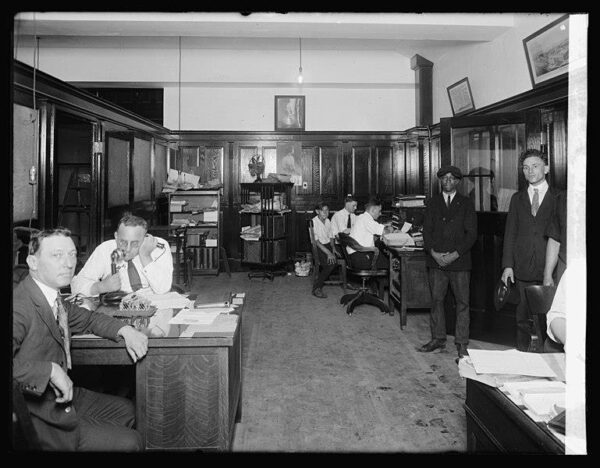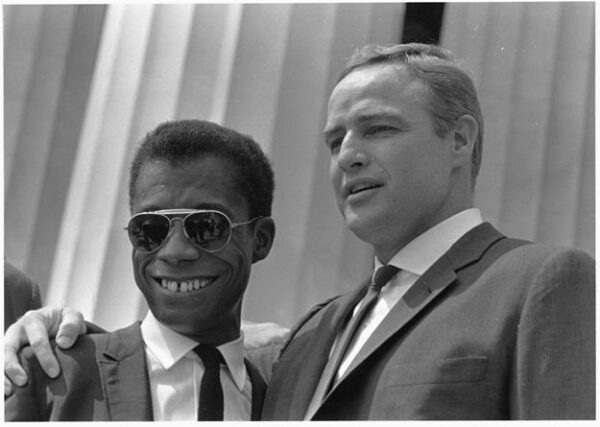Author Archive

TAKE THE HORROR OUT OF HALLOWEEN
Workplace Halloween parties can build teamwork and morale if properly planned and managed. Some suggested do’s and don’ts to help make yours a smashing success:

SCHEME WORK
Clear, written employee policies assist both employers and employees to navigate the murky field of California employment law. They are the foundation for workplace legal compliance and productivity.

HANDBOOK HELPER EPISODE 12
PRYING EYES
Starting with well-drafted policy, California employers should ensure their administrative and management staff do not impermissibly disclose any employee’s private, personal, health or medical information.

HANDBOOK HELPER EPISODE 11
RIGHT ON SCHEDULE
Except for salaried, legitimately exempt-from-overtime workers, California employers must provide each employee with certain numbers of unpaid meal periods and paid rest breaks depending on how many hours that employee works in each workday.

EMPLOYEE OR INDEPENDENT CONTRACTOR?
Many laws and rules dictate whether an employer can legitimately classify someone as an independent contractor (I/C). They include California’s strict ABC three-factor test and the numerous exceptions enacted by the legislature as part of AB 2257, as addressed in our What’s New in 2021 series (links below).

HANDBOOK HELPER EPISODE 10
SCRUTINY SCOPE
To safeguard personnel as well as protect company property from theft or destruction, an employer can search and inspect an employee’s workspace, such as a personal office or cubicle. Yet where should the company draw the line?

MERCURY MANAGEMENT
Current temperatures well into the hundreds require employers to safeguard workers from heat illness.

NAME CHANGER
Combatting discrimination, the California Department of Fair Employment and Housing (DFEH) investigates and mediates or prosecutes complaints under the state’s Fair Employment and Housing Act (FEHA).

RELIEF FOR ONLINE BUSINESSES
In recent years, disability discrimination suits have skyrocketed from the visually impaired alleging online businesses deprive their access for lack of special reader features.

HANDBOOK HELPER EPISODE 9
GOOD RELATIONSHIPS BREAKING BAD
Improper conflicts of interest occur whenever employees are involved in circumstances dividing their loyalties between the employer’s best interest and the employee’s or a third party’s.
